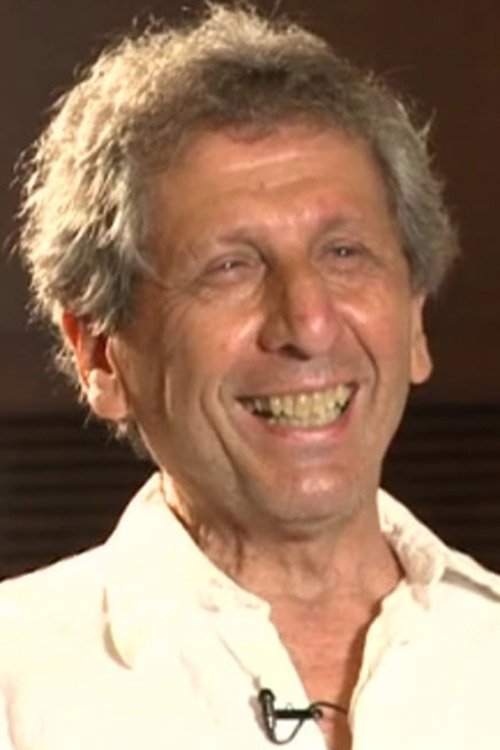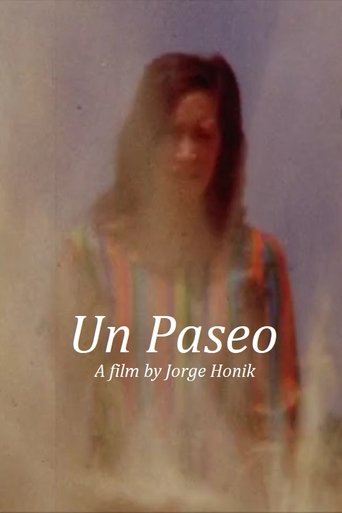
Jorge Honik
Personal Info
Known For Director
Gender Male
Jorge Honik
Biography
Jorge Silvio Honik, (Argentina, 1940). From an early age to literature, alternating narrative with playwriting. Having completed his university studies in Pharmacy, he traveled extensively through Europe, Africa, Asia and America, alternating periods of settlement with others of transit, a ten-year journey whose memory, transformed and distorted by the myths and obsessions that animate all fiction, forms the living matter of a good part of both his narrative and his films. Throughout this trajectory, the super 8 camera, initially intended for mere visual recording, gradually became, in view of the creative possibilities it offered, the simile of a pen, no longer intended for description and narration through words but using the power, vibration and dazzle of the image, or more precisely of its primordial source: light. He finally settled in the Patagonian Andes, first in San Carlos de Bariloche and finally in El Bolsón, where he has been living for about three decades. Since then, he has been a teacher in the arts and exact sciences, an activity he alternates with cinema, literature, theater and music. In addition to literary awards, publications at provincial and national level and an anthology of his short stories published by the Fondo Editorial Rionegrino, he has coordinated film workshops in secondary schools in Río Negro, one of the productions of these workshops having received first prize in the First Biennial of Young Art (San Carlos de Bariloche, 1993). Considered one of the founding referents of Argentine experimental cinema, Honik is the director of Gaudí asesinado por un tranvía (1968), Komik (1969), Un paseo (1969), El inmortal (1970), Passacaglia y Fuga (1974) and Sueños impresos en acetato (1969-1981).
Known For
Director
as Director
as Director
as Director
as Director
as Director
as Director
as Director
as Director
as Director
Writer
as Writer

